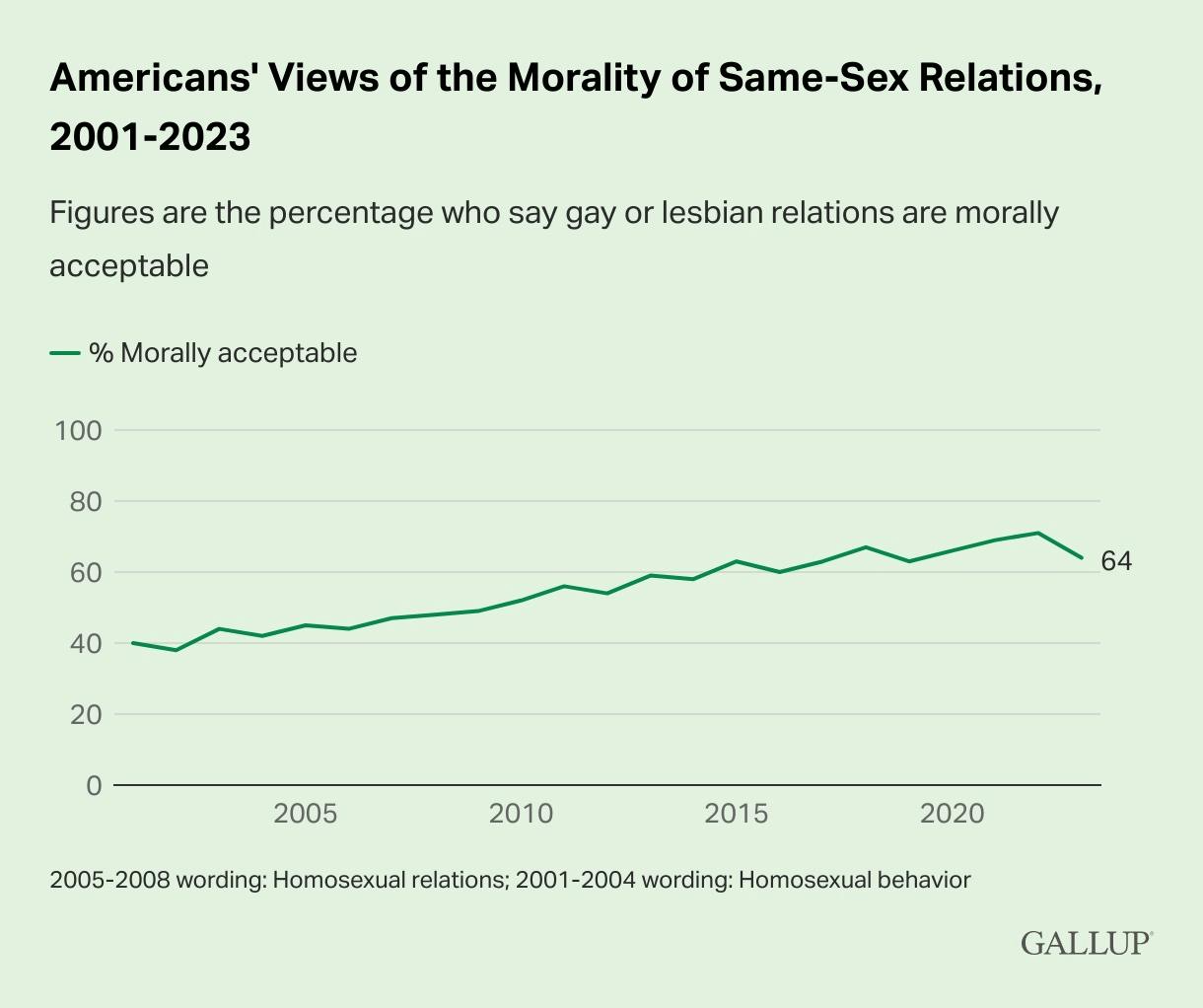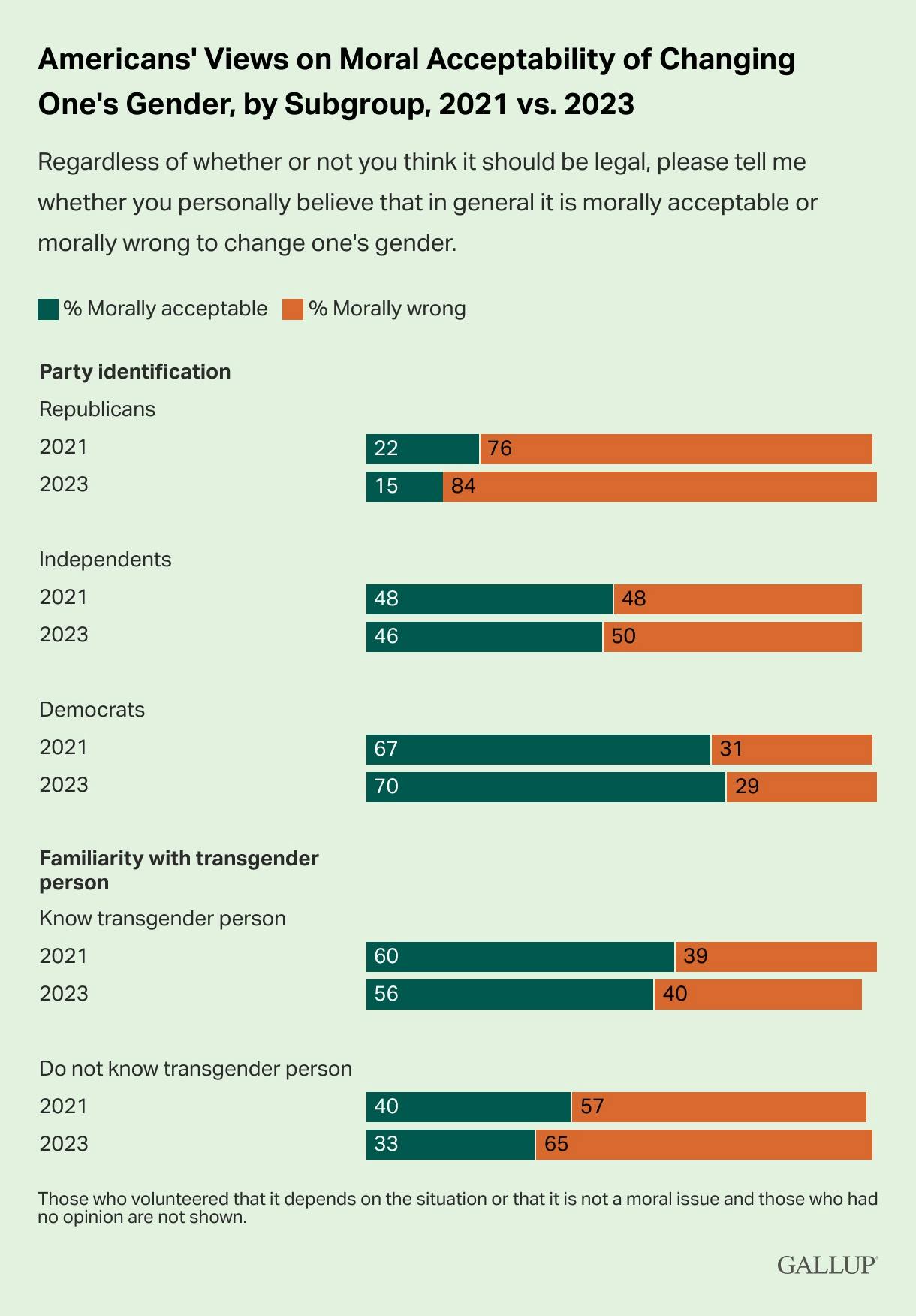Why Did the DOJ Resist Investigating Donald Trump’s Role in January 6?
A new Washington Post report suggests the Department of Justice did not want to seem “partisan” by investigating the former president’s attempt to overturn a legitimate election.

The Department of Justice waited a year to investigate Donald Trump for his alleged role in the January 6 insurrection, The Washington Post reported Monday.
A new investigation by the Post found that the DOJ resisted looking into Trump or members of his inner circle, even as evidence of an organized scheme to overturn the 2020 election piled up. Instead, newly sworn-in Attorney General Merrick Garland and his team opted for a “bottom-up” strategy, focusing first on the rioters and working their way up. Garland and his team refrained from directly investigating the former president out of fear of looking politically partisan.
Just hours after he was sworn into office, Garland met with acting U.S. attorney for the District of Columbia Michael Sherman, who along with the FBI was responsible for prosecuting all crimes related to the January 6 attack. Sherman presented their work, which had resulted at the time in charges for nearly 300 rioters, with nearly 900 in total identified.
Sherman had made waves when he said Trump could be considered guilty of the attack, but according to the Post’s investigation, his presentation made no mention of investigating Trump or his advisers. Investigators stayed away from Trump, even as more and more evidence appeared of numerous schemes intended to overturn a legitimate election.
More than a year later, in November 2022, Garland finally appointed special counsel Jack Smith to investigate Trump’s alleged mishandling of classified documents and his alleged role in the January 6 attack. The Post attributes this delay to “a wariness about appearing partisan, institutional caution, and clashes over how much evidence was sufficient to investigate the actions of Trump and those around him.”
Sherwin, senior Justice Department officials, and the deputy FBI director all opposed investigating Trump or his allies directly, arguing it was too early, the Post reported. But Garland then continued with this approach, giving Trump more time to spread lies about the 2020 election.
Trump pleaded not guilty last week to 37 counts of keeping classified information, some of it relating to national security, without authorization, making false statements, and conspiring to obstruct justice. He is still under investigation for his role in January 6 and under a separate investigation for his role in trying to overturn the results of the 2020 election in Georgia.










